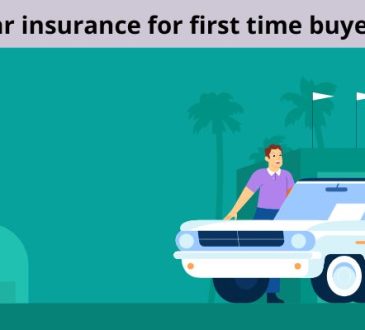Car insurance laws in Texas: 4 things you should know and alternatives auto insurance
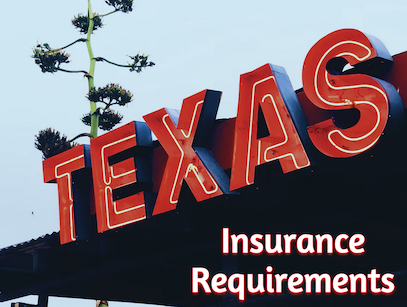
The purpose of auto insurance is to provide financial security for you, your car, and other road users. Understanding car insurance laws in Texas is the first (and most important) step in determining how much and what kind of insurance you will need when the time comes for you to buy a policy. Knowing car insurance laws in Texas could help you save time, money, and effort when purchasing insurance for both you and your car.
Everyone is obliged by law to obtain auto insurance, but car insurance laws in Texas have essential intricacies to take into account, and breaking the law can have serious repercussions. In addition, not having enough insurance can put you in a difficult financial position if you are in an accident. Here is a quick summary of car insurance laws in Texas to assist you understand your insurance requirements and your available options.
Car Insurance Laws in Texas
Car insurance laws in Texas mandates that drivers obtain liability auto insurance and carry documentation of it in case a police officer asks to see it, according to the Texas Department of Insurance. If you have an unpaid lien on the vehicle, lenders will often additionally want collision and comprehensive insurance.
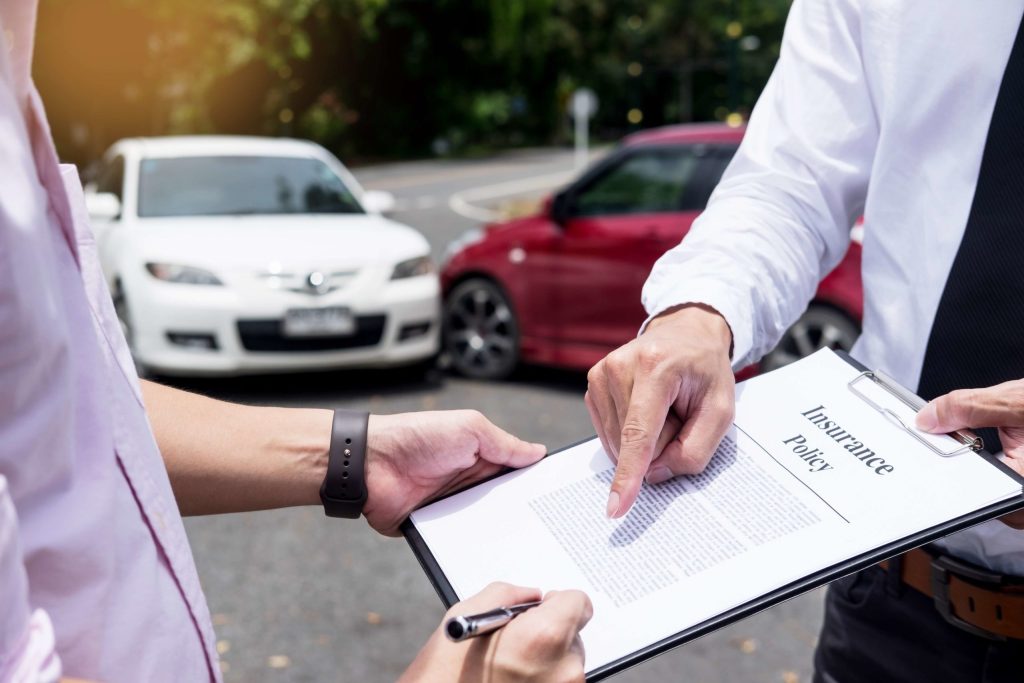
The following requirements are part of Texas’s regulations governing auto insurance:
- A driver is required to get and maintain at least a minimal level of liability insurance, to carry identification proving their coverage, and to be able to show their insurance documentation to a police officer upon request.
- You must include any eligible teen drivers in your household on the policy (or face paying back-premiums later, denied claims or even non-renewal of your policy).
- Any accident you are involved in that results in injuries or property damage of more than $1,000 or in which any motorist is driving without insurance requires you to submit an accident report with a police officer. In most cases, calling the police, exchanging insurance information with the other driver, and taking pictures of the accident scene and any damage right away are the best course of action following an accident. It is referred to as a “hit-and-run accident” if you flee the site of an accident after it has caused damage or injuries, and you may be subject to harsh consequences, such as fines and jail time.
- The filing of a false insurance claim is prohibited.
Penalties in Texas for driving without insurance
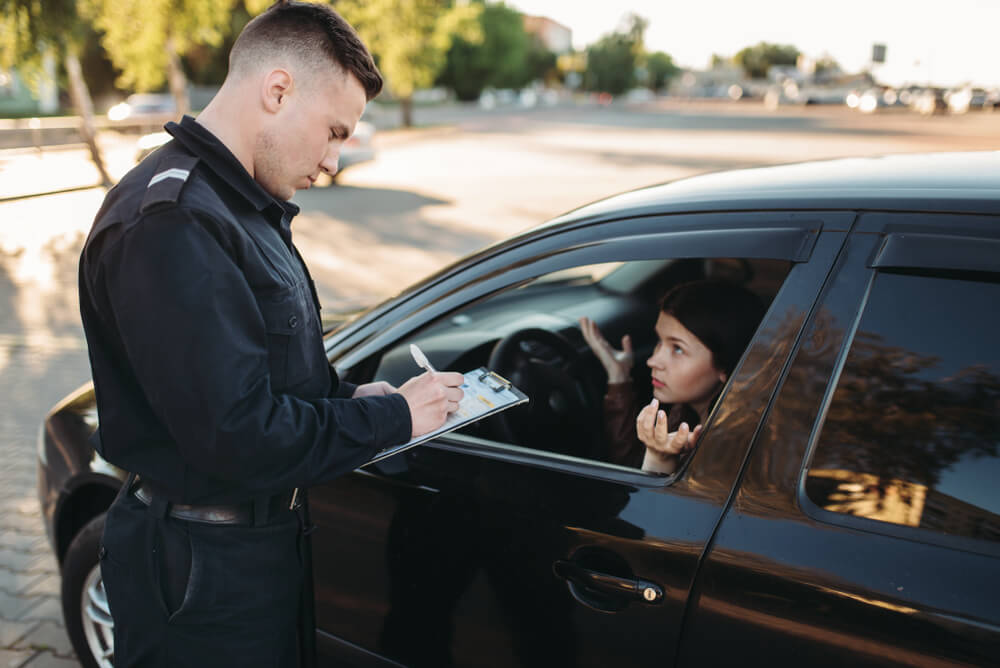
In Texas, it’s crucial that you get and maintain current auto insurance. Driving without a valid insurance policy might carry serious consequences:
- You may receive a ticket and a court fine of up to $350 if you are stopped by a police officer and do not have insurance (or are unable to present proof of insurance).
- If you commit a second offense, you run the danger of receiving a fine of up to $1,000, having your license suspended, needing to submit an SR-22 certificate (necessary for high-risk drivers), having your vehicle’s registration suspended, and/or having it impounded. High-risk drivers frequently pay higher prices and can have trouble getting insurance coverage from a firm.
- You can be liable for covering the costs of the other party’s vehicle damage, medical expenses, lost income, and rental car costs out of pocket if you are involved in an accident without insurance that results in property damage or injuries. Additionally, you might have to pay hundreds of dollars in court fees. While insurers are required to give this protection, you are free to decline it in writing even though Texas and certain other states have laws protecting you against underinsured drivers.
Texas liability insurance
Car insurance laws in Texas mandates the purchase of liability insurance, which means that if you are involved in an automobile accident and are found to be at fault, you will be liable for covering the cost of the other party’s car repairs as well as any associated medical expenses.
The required minimum liability is specified as 30/60/25 coverage, which means:
- Liability for bodily injury: $30,000 per individual and $60,000 per accident
- Liability for property damage: $25,000 per incident
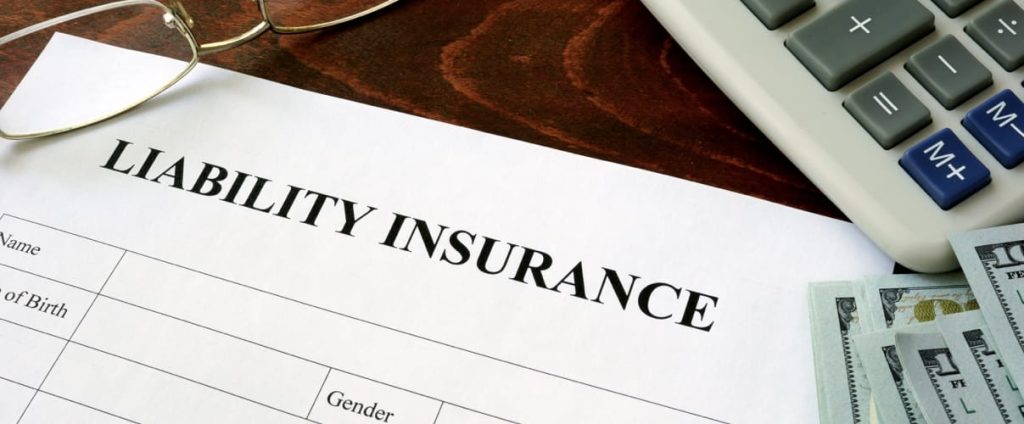
Although these are the minimal forms of insurance and dollar quantities needed in Texas, liability insurance is insufficient to cover your own vehicle, your own bodily injuries, or the cost of automobile rental while yours is being fixed. Additionally, unless you have access to a backup vehicle or the money to repair or replace your vehicle out of pocket, liability insurance is typically insufficient protection for the majority of people. In order to reduce your financial vulnerability, it may be advisable to purchase supplementary coverage as the minimal liability amounts most likely won’t be sufficient to pay all costs associated with an accident for which you were at fault.
Additional alternatives for car insurance in Texas
In the accident, a lot of other insurance coverage alternatives in Texas provide further protection and services. This supplemental coverage can provide you with added security and personal asset protection.
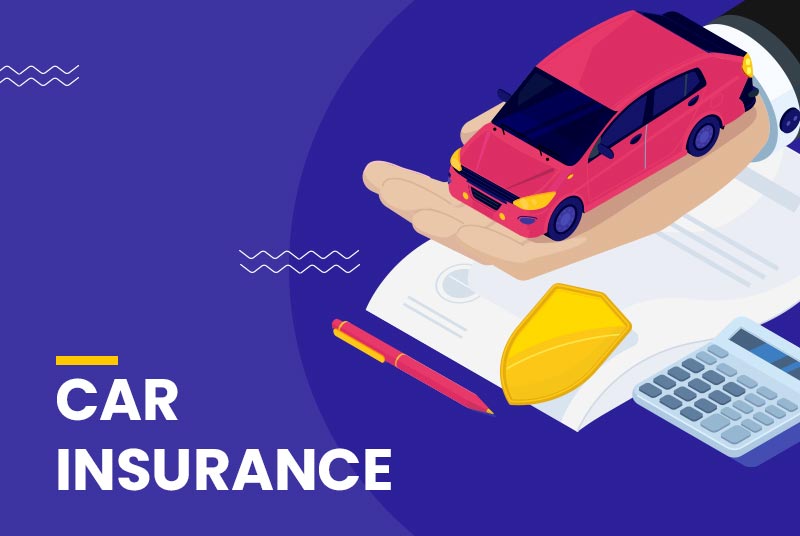
Texas insurance companies may also offer the following coverage options:
- Collision: This refers to injury sustained in a collision with another object or vehicle (except animals).
- Uninsured/underinsured motorist coverage: This sort of insurance pays for your injuries if you are hurt by an uninsured, underinsured, or hit-and-run driver. First, there is a $250 deductible on all Texas insurance. Insurers must also provide this coverage, which the policyholder may refuse in writing.
- Comprehensive – This protects your car from non-collision damage (e.g. theft, vandalism, animal collisions or weather events).
- Medical payments – This takes care of any medical costs you may suffer on your own (or while using someone else’s automobile, walking, or bicycling).
- Roadside assistance: Roadside help is a service that offers support in case of a breakdown (e.g. labor to change a flat tire or jump start a dead battery or provide a tow truck).
- Gap coverage – If you are in an accident and your automobile is totaled or stolen, gap coverage will pay the difference between what you owe on your loan and the car’s cash worth.
- Personal injury protection (PIP): This covers missed pay, non-medical expenses, and medical bills for you and your passengers. PIP coverage must be offered with every Texas policy, although it can be declined by making a written request.
- Rental car reimbursement – This takes care of the expense of a rental automobile while your car is getting fixed, etc.
Conclusion
All drivers are required to carry auto insurance because of car insurance laws in Texas. It is not only necessary by law, but it is also essential for safeguarding your possessions and yourself. To be better protected, most drivers should think about acquiring additional insurance beyond what the state mandates.
Please read: http://insurance.alltin.net/auto-insurance-quote-comparison-find-the-best/



